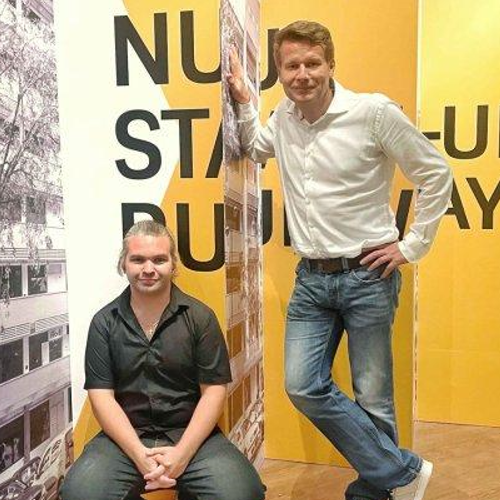User profile learning, such as mobility and demographic profile learning, is of great importance to various applications. Meanwhile, the rapid growth of multiple social platforms makes it possible to perform a comprehensive user profile learning from different views. However, the research efforts on user profile learning from multiple data sources are still relatively sparse, and there is no large-scale dataset released towards user profile learning. In our study, we contribute such benchmark and perform an initial study on user mobility and demographic profile learning. First, we constructed and released a large-scale multi-source multimodal dataset from three geographical areas. We then applied our proposed ensemble model on this dataset to learn user profile. Based on our experimental results, we observed that multiple data sources mutually complement each other and their appropriate fusion boosts the user profiling performance.
In this technical demonstration, we showcase the first ai-driven social multimedia influencer discovery marketplace, called SoMin. The platform combines advanced data analytics and behavioral science to help marketers find, understand their audience and engage the most relevant social media micro-influencers at a large scale. SoMin harvests brand-specific life social multimedia streams in a specified market domain, followed by rich analytics and semantic-based influencer search. The Individual User Profiling models extrapolate the key personal characteristics of the brand audience, while the influencer retrieval engine reveals the semantically-matching social media influencers to the platform users. The influencers are matched in terms of both their-posted content and social media audiences, while the evaluation results demonstrate an excellent performance of the proposed recommender framework. By leveraging influencers at a large scale, marketers will be able to execute more effective marketing campaigns of higher trust and at a lower cost.
The exponential growth of online social networks has inspired us to tackle the problem of individual user attributes inference from the Big Data perspective. It is well known that various social media networks exhibit different aspects of user interactions, and thus represent users from diverse points of view. In this preliminary study, we make the first step towards solving the significant problem of personality profiling from multiple social networks. Specifically, we tackle the task of relationship prediction, which is closely related to our desired problem. Experimental results show that the incorporation of multi-source data helps to achieve better prediction performance as compared to single-source baselines.
Press About Us

Ads are everywhere. From expensive billboards to car door stickers, ads occupy every visible surface wherever we go. At the turn of the century, advertisers began to shift their focus online.
In the span of twenty years, we established a thriving ecosystem where brands can reach their targeted consumers in increasingly creative ways across the web.
Whether it is Facebook ads, Spotify banners, or pop-up notifications, consumers today are bombarded by ads nearly every second of every day.
Whilst receiving relevant ads may value-add to our busy lives, it does get a little annoying when you see that same pair of sneakers you searched for just once start appearing across all the web applications that you use.
In the end, cheap advertising that simply shoves products and services in consumers’ faces stand a higher chance of backfiring on their advertisers instead.

Employees of the Machine Learning Laboratory at ITMO University are engaged not only in theory, but also in applied projects. Some of them manage to inspire members of the scientific and professional community around the world, transform business and the digital space. Such work is carried out by the Media Research Group under the guidance of Professor Alexander Farseev . Today he talks about the research and projects of his team.

The digital media platforms of today, such as Facebook and Google, allow businesses countless options to reach their intended audiences. Through their AI-driven technologies, they promise the capability of influencing customers' lives at any given time or place. Yet, within this limitless potential, there lies a problem.
"With hundreds of thousands of targeting options and millions of data outputs, it becomes humanly impossible to fully utilize these platforms. While media platforms are truly powerful, a bottleneck occurs in the interaction between the platforms and the businesses that utilize them, " says Hendrik Schwartz, Co-founder and CRO of SoMin.ai.
